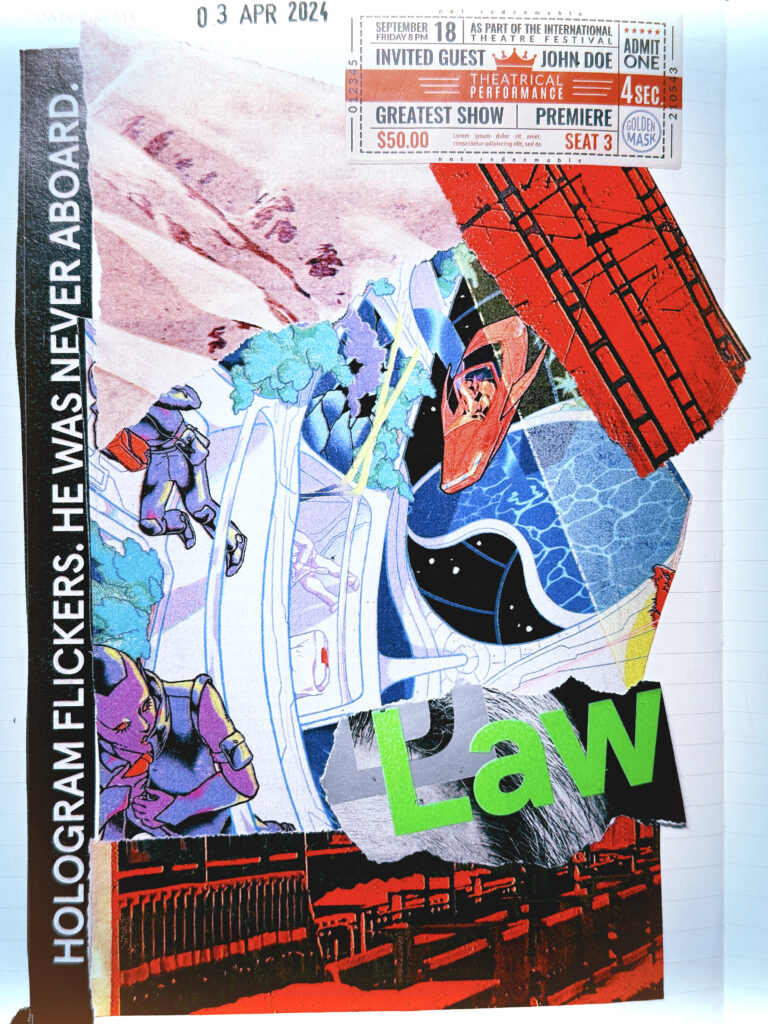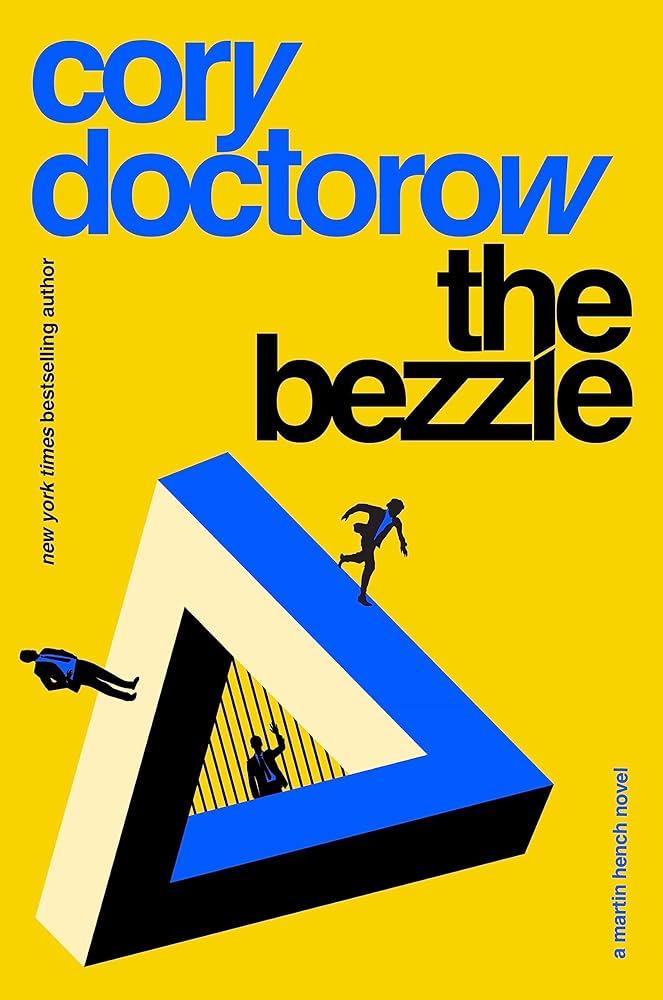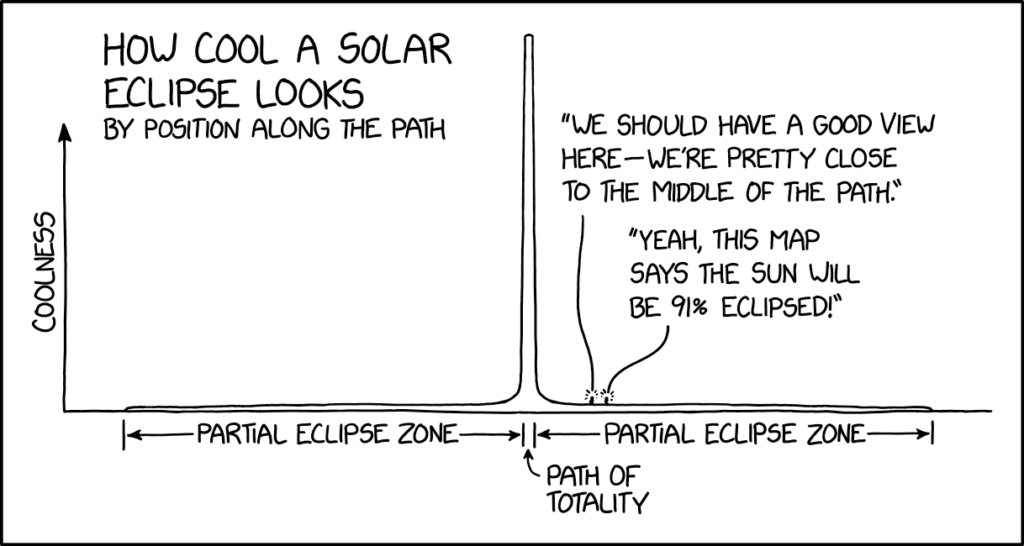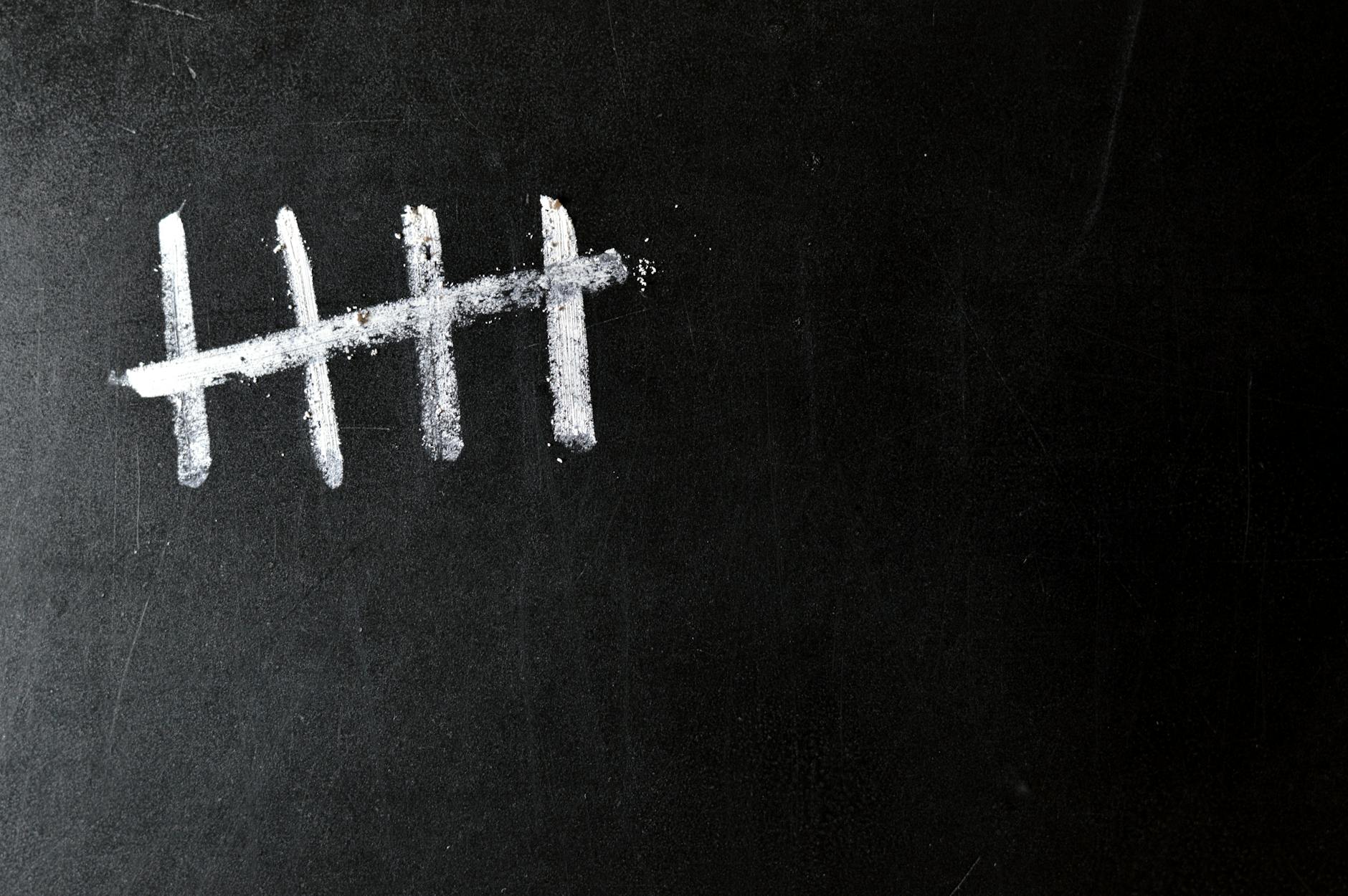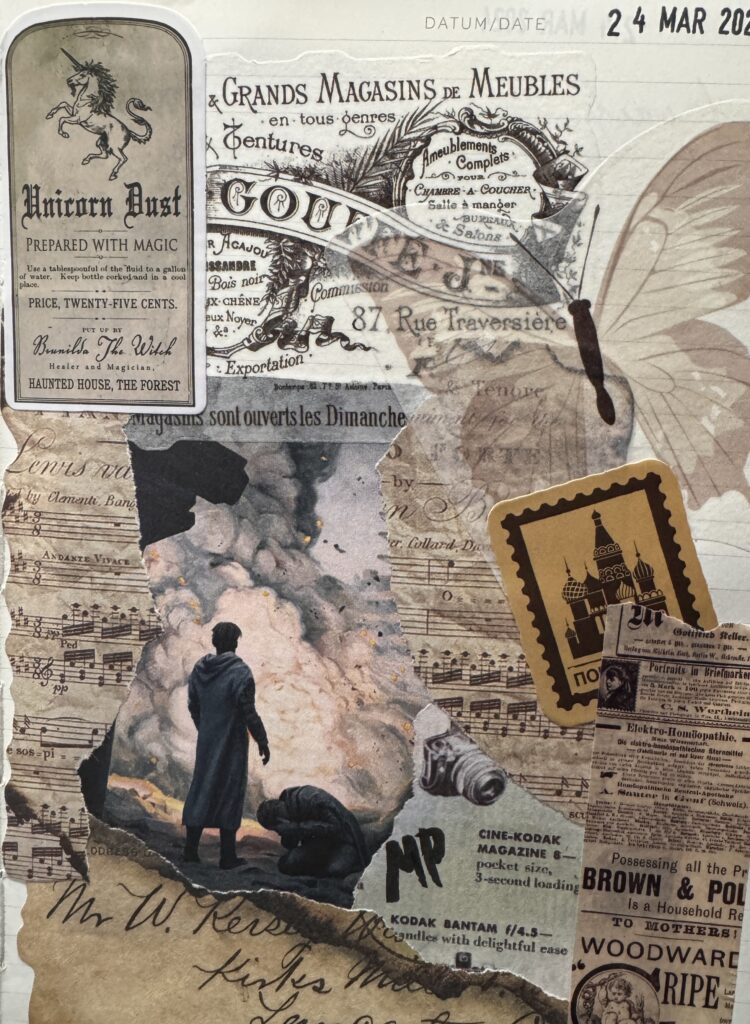This semester, I’m in a class called “Leadership for Creative Problem Solving,” with the ever-impressive Mary John O’Hair leading our group. We’ve talked a lot about what it means to be creative, specifically in the land of educational leadership, but my conversations always come back around to finding ways to be creative and flexing those muscles.
In my attempts to follow Austin Kleon’s advice and show my work, in our final discussion board post–something else I’ve tried to spice up this semester because oh my god can discussion boards be an absolute pain in the you know what and I wouldn’t wish them on my worst enemy but understand why we have to do them–we were asked to share an article or video we found in our studies on creativity and leadership.
Like the good oversharer and curator that I am, I linked to this blog, specifically to my tags on creativity, leadership, and creative leadership.
It’s not a great usage case for setting up your own public commonplace book, but it works.
One of my peers, an excellent educator and union leader, made a comment about not knowing how I do it all.
I don’t know either, I just do it. And I think that’s the key.
Creativity is an act of repetition and drudgery. Rarely, if ever, do the clouds of your mind part, allowing rays of glorious creative inspiration to bombard your brain with ideas. Nor is there an “idea factory” in Schenectady, NY, offering a subscription idea service–but that never stopped Harlan Ellison from telling people there was.
No, creativity is backbreaking, mind-numbing, and difficult. It should be difficult. It should be work. It should take something out of you and make you pause multiple times throughout the act of creating. It should make you think and it should make you question your life choices.
But, creating is what we were born to do. And everyone has something different to create, something different to express their unique gifts.
And being creative is something we must do often. Daily, as a matter of fact. Stephen King talks about writing 2,000 words a day, no matter what. Ryan Holiday says to “two crappy pages a day” to progress toward your goal.
It isn’t all going to be pretty–trust me, it’s not–and you’re going to get frustrated. Teachers, you’ll always be improving lessons. Students, you’ll always be thinking about how you can improve that last bit of work.
Each of us has a gift and someone is waiting for us to share that gift with the world.
Let’s do this.
Thanks for taking the time to read this post. If you’ve enjoyed the insights and stories, consider showing your support by subscribing to my weekly newsletter. It’s a great way to stay updated and dive deeper into my content. Alternatively, if you love audiobooks or want to try them, click here to start your free trial with Audible. Your support in any form means the world to me and helps keep this blog thriving. Looking forward to connecting with you more!

